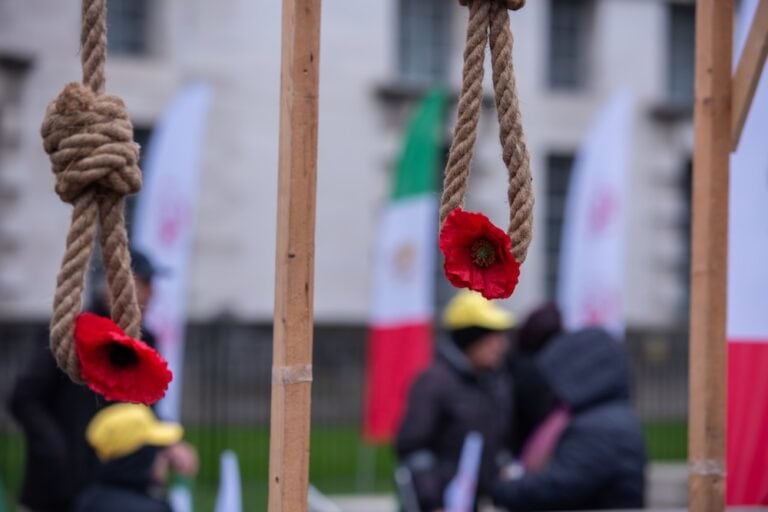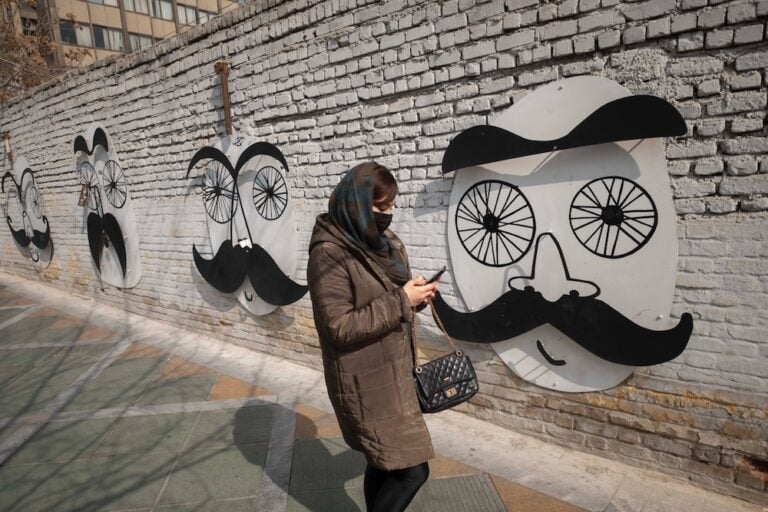(CRN/IFEX) – Cartoonist Mana Neyestani has left Dubai where he had lived in exile since one of his cartoons elicited death threats. He is now in Europe, where he has notified the United Nations High Commissioner for Refugees (UNHCR), the refugee agency of the United Nations, that he is seeking asylum. Neyestani left Iran in […]
(CRN/IFEX) – Cartoonist Mana Neyestani has left Dubai where he had lived in exile since one of his cartoons elicited death threats. He is now in Europe, where he has notified the United Nations High Commissioner for Refugees (UNHCR), the refugee agency of the United Nations, that he is seeking asylum.
Neyestani left Iran in early September, just days before he was to be imprisoned for a second time because of his cartooning. Iranian authorities arrested Neyestani and his editor, Mehrdad Qasemfar, on May 23, on charges that they incited ethnic violence and undermined national security when the newspaper “Iran” published a cartoon with a cockroach speaking the Azeri language to a boy who was speaking Persian, the language used by about 75 percent of Iranians. Students rioted in the northwestern city of Tabriz to protest the cartoon. “Iran”, a state-owned newspaper, was closed for months. It resumed publishing on 11 September with a new staff.
Neyestani’s colleagues have been following his months-long search for an appropriate visa and they are alarmed that UNHCR seems to be his last resort. “Western countries who claim to have enlightened policies in support of freedom of expression like to have their cake and eat it, too,” said Nik Kowsar, a cartoonist who was confronted by Iranian protesters in 2000 due to one of his cartoons. He, too, fled Iran and now lives in Canada. “They position themselves as supporting freedom of expression, but now make achieving asylum almost impossible for the individual who is at risk for exercising it.” Kowsar serves on the board of directors of Cartoonists Rights Network, International (CRNI). CRNI monitors and supports the well-being of political cartoonists who find themselves in trouble because of the power and influence of their professional work.


